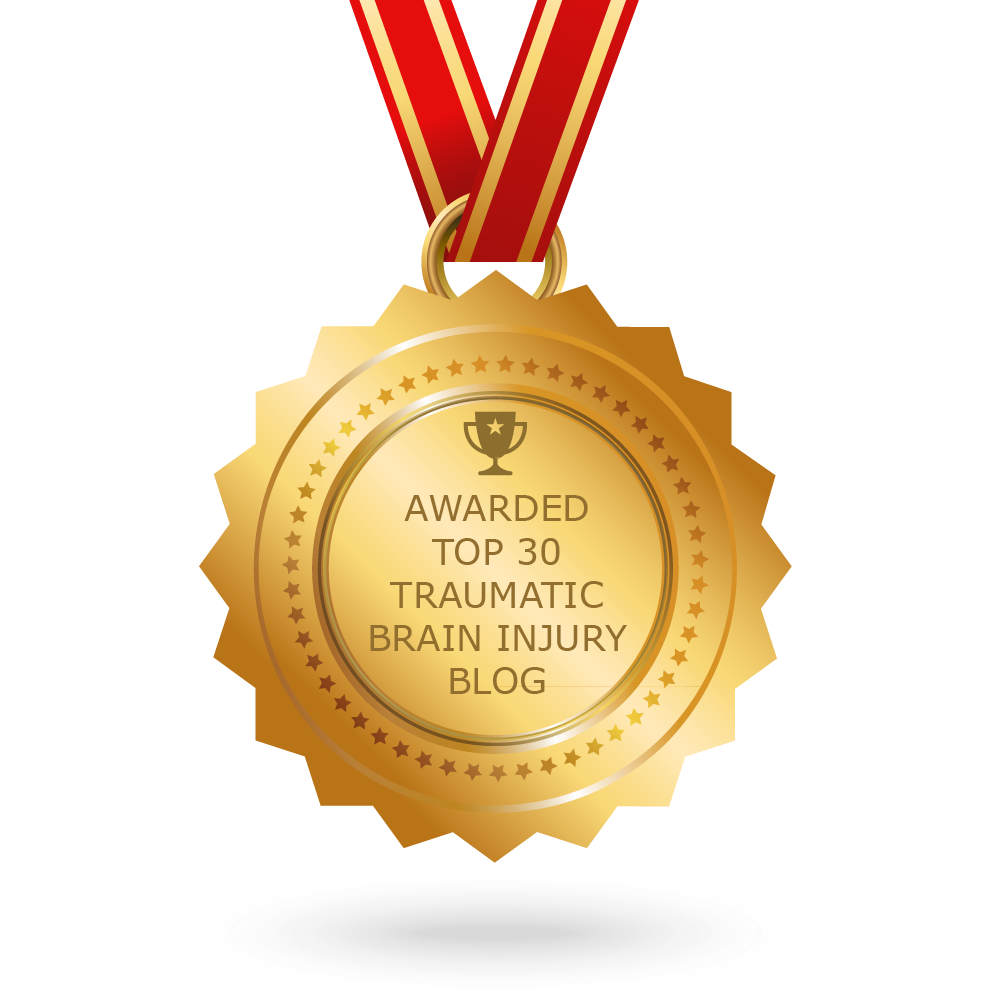Those who know me know that I am a passionate college football fan. I’ve been cheering my Michigan Wolverines since 1974 and, throughout my whole life, those Autumn Saturdays have been very very dear to me.
Having said that, a lot has changed in all these years. Back in the 70s, most of the games were not televised. For most college fans, we were lucky to see our favorite teams play a couple times a year.
Over all these decades, the college game has changed a TON! More channels were added, more TV deals were struck, and more bowl games emerged. They went from voting on a National Champion to installing a playoff formula. The Big Ten added teams, dizzying the heads of football traditionalists who didn’t want to add Penn State or Nebraska.
Fast-forward to today’s game and you see games on many standard and sports channels, on streaming, on college football-specific channels…You can catch your favorite team on your phone or laptop. There are more bowl games than most could name. The playoff has changed and changed again. More teams are headed to the Big Ten. Some of the other leagues are falling apart and teams are latching on to new conferences. There is the transfer portal and NIL monies to add to the mix.
I find our brain injury journey play out in so many facets of everyday life. Like football traditionalists, many brain injury survivors don’t want to change. They don’t want anything to look different because they loved how it was before.
But, whether it’s college football or social media, or technology, or TV watching, nothing stays the same. We all need to embrace the chance to “stay in the game” and to keep adapting, all throughout our lives.
Change can be hard when we don’t choose it. Full stop.
But happiness never visits those of us still living a life that no longer exists. Not in brain injury recovery, not in relationships that end, not in loved ones gone, and not in college football. Our goal cannot be to just hang onto something that no longer exists. It must be to make today work. Make NOW happy. Find a way, figure a way, because, once you can create happy and make new things work, you don’t need to hang onto a past that will not ever become a future.
I watch my Michigan Wolverines every Saturday and I cheer them on like crazy. It doesn’t matter to me if I have to find them on a different channel or if I have to watch at a different time. I don’t fuss over the new teams coming into the Big Ten. I don’t curse the transfer portal because I don’t want anyone on my favorite team who doesn’t want to be there. I’ve learned streaming and I’ve added channels and I’ve downloaded apps and, no matter the stumbles, the results have always pleased and rewarded.
They kick it off on an August Saturday when it’s too hot and too early to call it football. My Wolverines will play Oregon and USC and UCLA and Washington in Conference Play for the first time, ever. And, though it looks a lot different than it did in 1974, my love has only grown for it.
Our injury recoveries, our lives, more broadly, will never be the same, regardless of injury. Never the same as yesterday, even. The sun is glorious upon our faces but we cannot enjoy that warmth if we turn our backs, only looking at what is permanently behind us.
People get remarried after lousy divorces. People find glorious new jobs and careers are old ones dry up. People start over after losing limbs, houses, jobs, people…We all can. We all must try to keep creating good and better.
It’s Springtime. Let’s all turn our faces to that glorious sun (wear your special glasses if you do this tomorrow for the eclipse-ha).
I’d like to send a shout-out to the great survivors and therapists and everyone at Success Rehab in Pennsylvania. I was able to present for them a couple weeks ago and they are super reminders of how many awesome people make up this community.
Keep rocking THIS life! Wishing you all a great Spring.
xo


